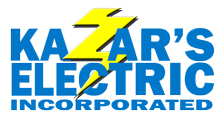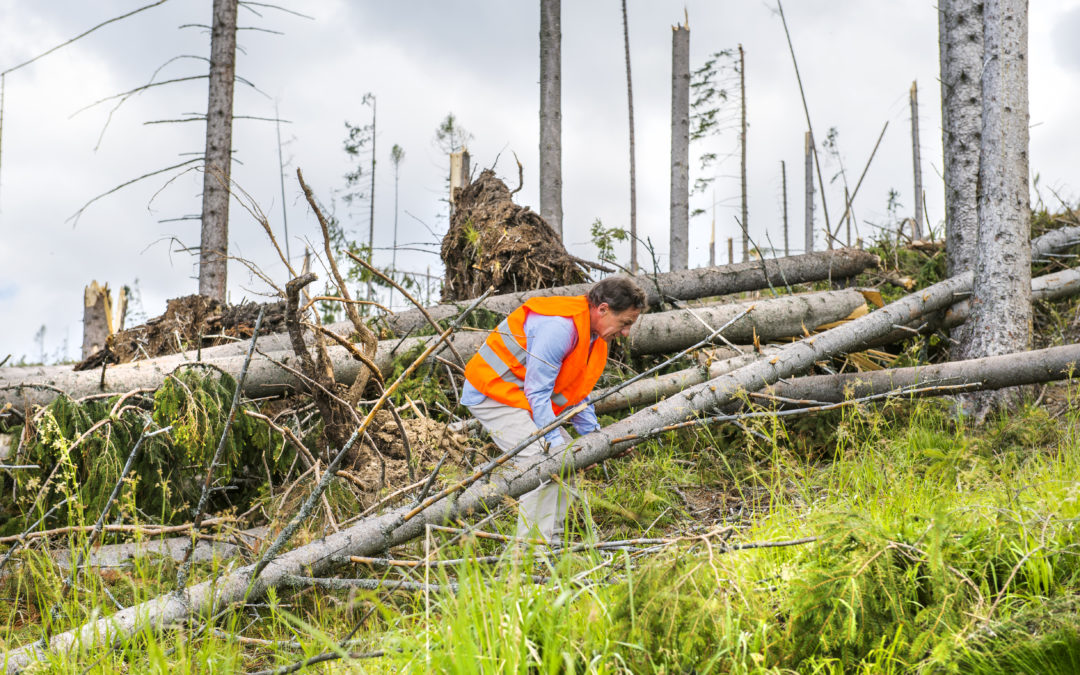The hurricane season can be a stressful period for people who live near the coastline. The season which usually begins around June and peaks in mid-August is typically destructive, leading to tremendous losses. For instance, around 40% of the hurricanes affecting the eastern coast of the U.S hit Florida yearly. And while there is nothing you can do to prevent a hurricane, you can prepare your home to minimize damage. When making preparations to safeguard your home, consider your electrical system as well. As discussed below, here are some ways to hurricane-proof your home’s electrical appliances.
Get a Surge Protector for the Whole House
On almost all occasions, when there is a hurricane, it is likely to cause damage to the electrical grid, causing a blackout. After the power is restored, there is usually a power surge. Unfortunately, most people are not fully equipped to deal with such a situation. As a result, appliances and electronics exposed to power surges might get damaged. To prevent this, you can contact emergency electrician services to install a surge protector for the whole house. It will save you a lot of money that you could have spent repairing appliances.
Ensure Your Wiring Is Up to Code
Most people usually get surprised when they learn that the wiring of their homes is not up to code. If you live in areas prone to flooding, your structure’s wiring should not include nonmetallic wiring. This form of wiring, which is common in homes, contains paper that gets saturated when wet. This makes it dangerous and destructive. If your home is in a flood plain, use UF wiring or underground wiring to meet the code.
Get the Right Outlet Covers
As you prepare for hurricane season, check that the covers of your outlets are still in good condition, doing their job effectively. If they look worn out, replace them. When outlets get into contact with water, they are likely to cause an electric shock resulting in death or injury. Since hurricane season will come with a lot of water, a simple wall plate is not enough to offer protection. Even if you have single or duplex outlets, you can still find a cover to suit your needs.
Get GFCI Outlets
Consider installing a GFCI (ground fault circuit interrupter) in your sockets. When there is a ground fault, the outlet will break the circuit, minimizing damage. It can also prevent you from getting electrocuted.
Hurricane season comes with many worries. However, you can take measures by protecting your wiring during a power outage.


Kazarselectric is the only company that can help protect your homes electrical from hurricanes. With our products, you can ensure that your home is ready for the next hurricane.
Modern Home Builders Brisbane>
Looking to protect your home from hurricanes? Kazarselectric has the perfect guide for you! Learn how to make sure your electrical systems are hurricane-proof, so you can stay safe and sound during a storm.
Floor Sanding Adelaide>